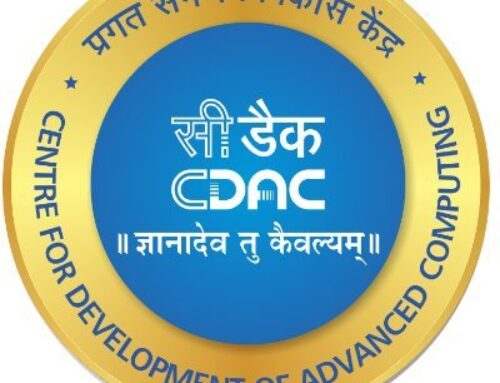India’s smallholder farmers, who constitute more than 80% of the country’s agricultural workforce, face mounting challenges that threaten their livelihoods and the sustainability of their land. Soil degradation is a critical issue in the region, with soil organic carbon (SOC) levels in some areas dropping to roughly 0.3%—desert level conditions. This degradation leads to poor soil fertility, reduced crop yields, and higher dependence on chemical inputs like fertilizers and pesticides. Compounding the problem, practices such as stubble burning contribute to air pollution and climate change while leaving farmers locked in unsustainable cycles.
Adding to these challenges, smallholder farmers are often excluded from global carbon markets. The high cost and technical complexity of monitoring, reporting, and verifying (MRV) soil carbon sequestration make it nearly impossible for farmers with small landholdings to participate. If these farmers could access carbon finance, they could transform their agricultural practices while enhancing their resilience to climate change.
Boomitra’s Innovative Solution: Empowering Farmers and Restoring Land
Boomitra is changing this narrative by bringing cutting-edge technology and financial opportunities directly to India’s smallholder farmers. Using AI and remote sensing, Boomitra measures increases in soil carbon levels without the need for expensive and time-consuming on-the-ground sampling. This breakthrough reduces MRV costs by 90%, so farmers with as little as 1 acre can participate in carbon markets.
By adopting regenerative practices—such as composting, crop diversification, and avoiding stubble burning—farmers can improve soil health and generate verified carbon removal credits. These credits are sold to organizations seeking to meet sustainability goals, with the majority of the revenue going directly to the farmers.
Real Impact: Transforming Lives and Land
Boomitra’s impact in India is substantial. Since its inception, the program has enrolled over 80,000 farmers, restoring 500,000 acres of land and removing an estimated 300,000 tonnes of CO2. Farmers like Vertika Chowdhary from Uttarakhand are reaping the benefits. Once skeptical of regenerative techniques, Vertika now composts and avoids chemical inputs, yielding over 15 quintals more sugarcane per harvest while reducing pollution.
Beyond financial gains, Boomitra’s projects deliver a host of co-benefits. Restored soils retain water more efficiently, reduce reliance on chemical fertilizers, and support biodiversity. Communities become more food-secure, and local ecosystems flourish.
Co-Benefits: Building a Sustainable Future
Boomitra’s work addresses not only agricultural challenges but also broader environmental and social goals:
- Economic Benefits: Boosts farmer incomes, creates jobs, and improves crop yields.
- Environmental Benefits: Reduces air pollution, restores degraded land, and enhances water quality.
- Social Benefits: Empowers rural communities, builds resilience against climate change, and promotes food security.
Scaling Solutions for the Future
Boomitra’s scalable, inclusive approach is designed to grow. Its proprietary AI and remote sensing technology are validated by international standards, ensuring accuracy and reliability. By continuing to innovate and expand, Boomitra is helping to unlock the vast potential of India’s smallholder farmers, making them central players in the global fight against climate change.
With Boomitra’s support, smallholder farmers in India are not only overcoming the challenges of today but also building a more sustainable and prosperous future for generations to come.
Author: Anirudh Keny, Director of Global Project Origination, Boomitra







